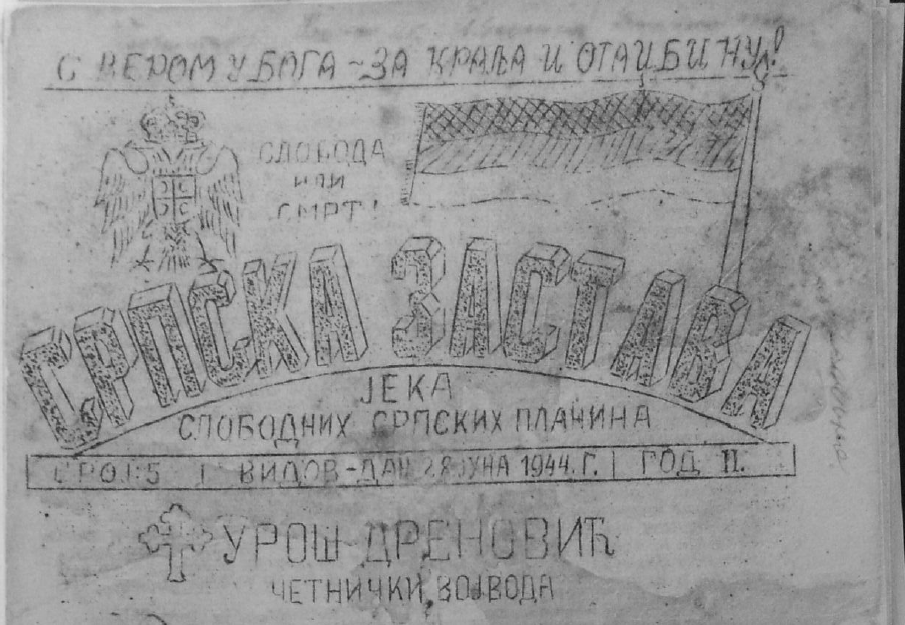VWI goes to ... / VWI invites ...
Der Kolloquienzyklus der VWI-Fellows
Die VWI-Fellows präsentieren Zwischenresultate ihrer Forschungsvorhaben im Rahmen von Kolloquien, die – im kleinen Rahmen angekündigt – auch einer akademisch und inhaltlich interessierten Öffentlichkeit zugänglich sind. Die Vorträge werden durch eine im jeweiligen Thema ausgewiesene Fachperson in Form einer Respondenz oder eines Kommentars begleitet und von den anderen Fellows und dem Publikum diskutiert.
Das Veranstaltungsformat VWI goes to … war ursprünglich aus akutem Raummangel geboren worden, konnte doch das Institut an seinem früheren Standort, am Desider-Friedmann-Platz nicht einmal eine kleine Veranstaltung organisieren. Allein aus dem Kontakt zu anderen akademischen Einrichtungen in Wien, zum Teil auch in der weiteren Region, ergab sich in der Folge – auch dank der jeweils eingeladenen Kommentatorinnen und Kommentatoren – wiederum die einzigartige Möglichkeit, die Fellows und die Forschungen des VWI mit anderen Institutionen, methodischen Ansätzen, Forschungsfragen und Ideen zu vernetzen, das Institut in den regionalen Forschungsraum noch mehr zu integrieren. Aus diesem Grund wurde entschieden, das Format auch am neuen Standort beizubehalten. Gleichzeitig eröffnete sich aber am Rabensteig auch die Gelegenheit, zu diesen Kolloquien Institutionen auch an das VWI einzuladen. Aus diesem Grund trägt ab Herbst 2016 das VWI-Kolloquium entsprechend alternierend auch die Bezeichnung VWI invites... .
| VWI invites/goes to... | |||
| Filip Erdeljac: Discovering Non-Elite Interpretations of National Politics and Mass Violence | |||
Donnerstag, 2. Juni 2016, 12:00 - 14:00 Universität Wien, Spitalgasse 2, Hof 3, Eingang 3.2, Dissertantenzimmer, 1090 Wien
|
|||
VWI goes to the Institute for Eastern European History My research explores how ordinary people interpreted the ideologies promoted by national and political leaders. I consider how peasants and workers engaged with national politics and mass violence in interwar and World War II Croatia. My analysis suggests that non-elite actors often had a very limited understanding of the programs that nationalist leaders publicly advocated. Police reports from the period reveal many instances in which peasants and workers displayed nationally indifferent behaviours, suggestive of a popular disinterest in modern mass politics that scholars of nationalism have identified in other areas of Europe. I, however, show that many ordinary people also passionately displayed their support for certain national and political programs while still lacking a fully coherent understanding of what those programs represented. Ordinary peasants and workers had an incomplete understanding of the Ustashas’ genocidal campaign against the Serbs, Jews and Roma, and articulated a number of peculiar beliefs as they decided whether to support the Ustasha leadership or join one of the resistance movements fighting against the Axis.
Commented by Armina Galijas Filip Erdeljac is currently a Junior Fellow at the VWI. He is a Ph.D. candidate at New York University working on “Political Mobilisation and National Incoherence in World War II Croatia: Everyday Nationalism in the Yugoslav Kingdom, the Ustasha State and Communist Yugoslavia, 1934-1948”. Armina Galijas is an Assistant Professor at the Centre for Southeast European Studies at the University of Graz. She studied Eastern and Southeastern European History, Modern History and Economics at the Ludwig-Maximilians-Universität in Munich. She also worked as an academic collaborator of the Südost-Institut (Regensburg). After graduating, she worked as a research assistant at the Institute of Eastern History at the University of Vienna from 2003 to 2005. From 2005 to 2011, she there became a research assistant where she also obtained her doctorate in History. Her research interests and academic teaching focus on modern Southeast European history.
Click here to download the invitation as a PDF file. In cooperation with: |
|||






 Non-elites in wartime Croatia internalised distorted interpretations of elite-level ideology by combining concepts they recognised from their daily lives with the fragmentary political information to which political activists had exposed them. By revealing how incompletely many ordinary people understood the national and political ideologies guiding the movements that they supported, I question the utility of rigidly defining people from the period as either fascists or anti-fascists, collaborators or resistors, victims or perpetrators. My examination of non-elite attitudes exposes additional levels of popular political engagement that scholars have generally overlooked. As a result, it enhances our understanding of fascism and genocidal violence and provides us with a new approach for considering the history of the Holocaust and the Second World War.
Non-elites in wartime Croatia internalised distorted interpretations of elite-level ideology by combining concepts they recognised from their daily lives with the fragmentary political information to which political activists had exposed them. By revealing how incompletely many ordinary people understood the national and political ideologies guiding the movements that they supported, I question the utility of rigidly defining people from the period as either fascists or anti-fascists, collaborators or resistors, victims or perpetrators. My examination of non-elite attitudes exposes additional levels of popular political engagement that scholars have generally overlooked. As a result, it enhances our understanding of fascism and genocidal violence and provides us with a new approach for considering the history of the Holocaust and the Second World War.